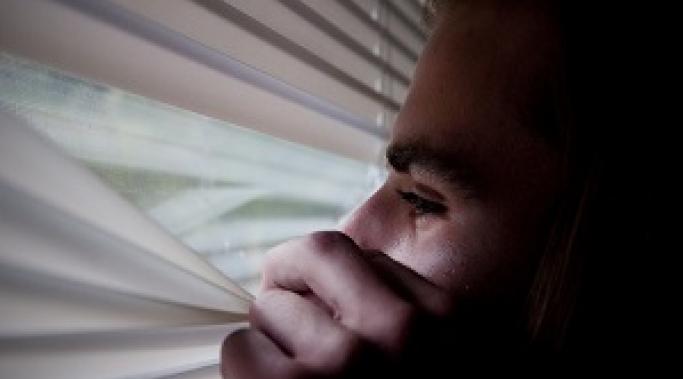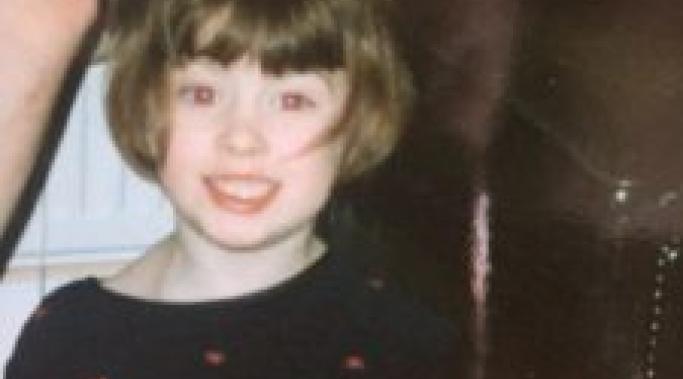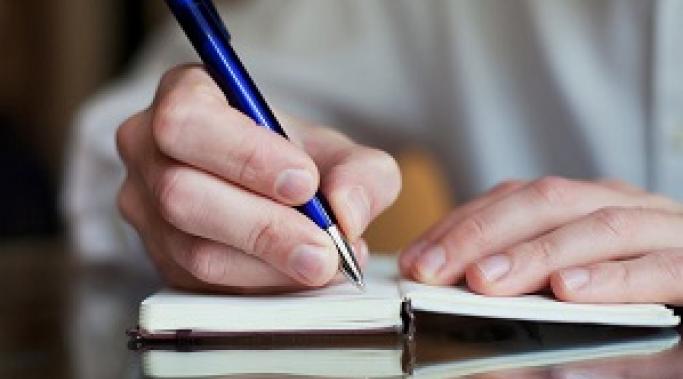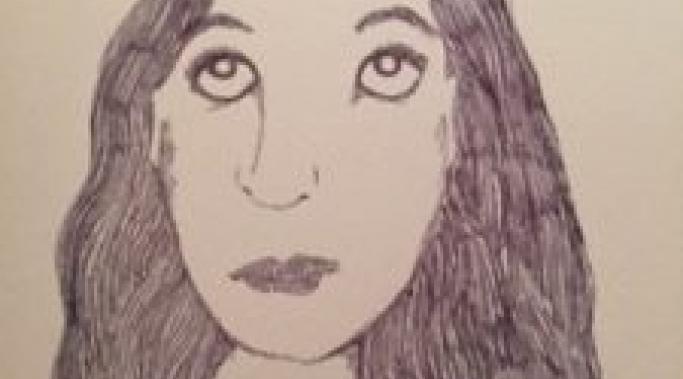You can live a healthy lifestyle and improve your body image even with anxiety. I’m currently trying to lose weight through joining a local slimmers support group. I won’t lie, it’s been an uphill battle with hurdles all the way. I’ll reach a much longed for milestone one week and the next I’ll find myself feeling as though I’ve tumbled, bruised and defeated, back down the mountain. I’m a sufferer of polycystic ovarian syndrome (PCOS) and so ever since I’ve stopped growing up, I’ve been steadily growing out in such a way that I often feel as if I have lost agency over my own body. Moreover, I have an overly emotional attachment to food. But, even with anxiety, I am trying for a healthy lifestyle while improving my body image, too.
Anxiety-Schmanxiety
To recreate yourself without anxiety and depression is a wonderful, liberating thing to do. Anxiety and depression are heavy burdens that can seem to completely overtake our lives. Anxiety keeps us trapped in things such as worry and fear, and depression weights us down and zaps joy and energy. The symptoms of anxiety and the symptoms of depression sometimes feel like our identity, like who we have become. A powerful way to break free from the all-consuming trap of anxiety and depression is to recreate yourself without anxiety and depression.
Avoidance and agoraphobia come from fear, and they involve someone removing him/herself from a problematic situation. Neither avoidance nor agoraphobia is a sign of failure or weakness. They're coping mechanisms. Why do people avoid anxiety-provoking or otherwise uncomfortable situations, and more, why do they develop agoraphobia? Some myths and stereotypes say that people living with agoraphobia are weak or lazy, failures at various things (Fear and Anxiety; The Meaning of Fear). Here’s why that’s wrong.
I understand age-related anxiety. I’m going to turn 25 on the 21st of January. This is, of course, hardly an advanced age but, still, it feels like kind of a landmark birthday. The Internet is littered with lists of things that you should do and places you should travel to by this age, almost as if it is some sort of cut off date for being young and reckless. And I've never, in all honesty, been all that good at being young and reckless. I’m incredibly cautious and am terrified of most things so the thought of dropping everything and going backpacking in some faraway country is beyond my comprehension. This is, of course, difficult, as photographic depictions of youth in the media generally focus on perfectly slim, young things with seemingly limitless bank accounts leaping from waterfalls and laughing in exotic locations (Body-Image Distortion a Growing Problem Among Women and Men). Age-related anxiety is something I'm experiencing.
When you have anxiety, it can be hard to be calm or to feel calm. The anxious brain behaves like a pinball machine: areas, systems, structures, hormones, and neurotransmitters zing anxiety and accompanying thoughts and feelings around and send them ricocheting around our very being. The result is that it seems impossible to be calm with anxiety. You don't have to let anxiety control you. Here are three creative ways to be calm when you have anxiety.
I have a lot of introspective thoughts and I worry that in the past this has inevitably come across during conversations as me being self absorbed. There, I’ve said it. I guess that a lot of people can relate to this somewhat, but for a person with an anxiety disorder, introspective thinking can take on a whole new meaning. Being locked in this repetitive thought process has seriously distracted me from the important things in life and has even led to arguments. The insult that tends to get most thrown at me during a disagreement is that I am “selfish.” On some levels I can see how this could come across. During times when I am wrapped up in my own anxious thoughts, I can admittedly be less than fully aware of the hurt of others.
It can be quite easy to feel anxious and overwhelmed by life. Days are hectic, to-do lists are full, and we're just plain busy. This unrelenting busyness is overwhelming and can cause anxiety. Regain control of yourself and your life the fun way: by celebrating little accomplishments every day.
Anxiety and overthinking tend to be evil partners. One of the horrible hallmarks of any type of anxiety disorder is the tendency to overthink everything. The anxious brain is hypervigilant, always on the lookout for anything it perceives to be dangerous or worrisome. I've been accused of making problems where there aren't any. To me, though, there are, indeed, problems. Why? Because anxiety causes me to overthink everything. Anxiety makes us overthink everything in many different ways, and the result of this overthinking isn't helpful at all. Fortunately, anxiety and overthinking everything doesn't have to be a permanent part of our existence.
Few people would place anxiety among their "best of 2015" lists. It is, though, that time when the year winds down and "best of" lists abound. Is it possible to make a list entitled "Anxiety: Best of 2015?" Not only is it possible, it's actually a pretty good thing to do (How To Create An Emergency Anxiety Tool Kit). Here's how to make a best of 2015 list for anxiety and why you should consider making one of your own.
Anxiety and self-deprecation often go together. I have a pretty self-deprecating sense of humour. When I was younger, I would often intentionally say something unintelligent or wrong in order to get a quick laugh. This evolved over time. I learnt how to tell an overblown story about myself where I am both protagonist and punchline due to some personal, exaggerated foible or other. Even today, I can find myself mimicking the stereotyped words or actions of a caricature to endear me closer to friends who may already have a certain, fond view of me: a little nerdy, a little pretentious and slightly clumsy. Often in life it’s just too painful to take yourself seriously. Sometimes, for those of us with anxiety, it can even feel too utterly humiliating to take yourself seriously. After all, we anxiety sufferers are not always sure who we are exactly and, during darker times, what we have to present to the world in terms of an identity. When you have anxiety, you can be overly self-deprecating.








